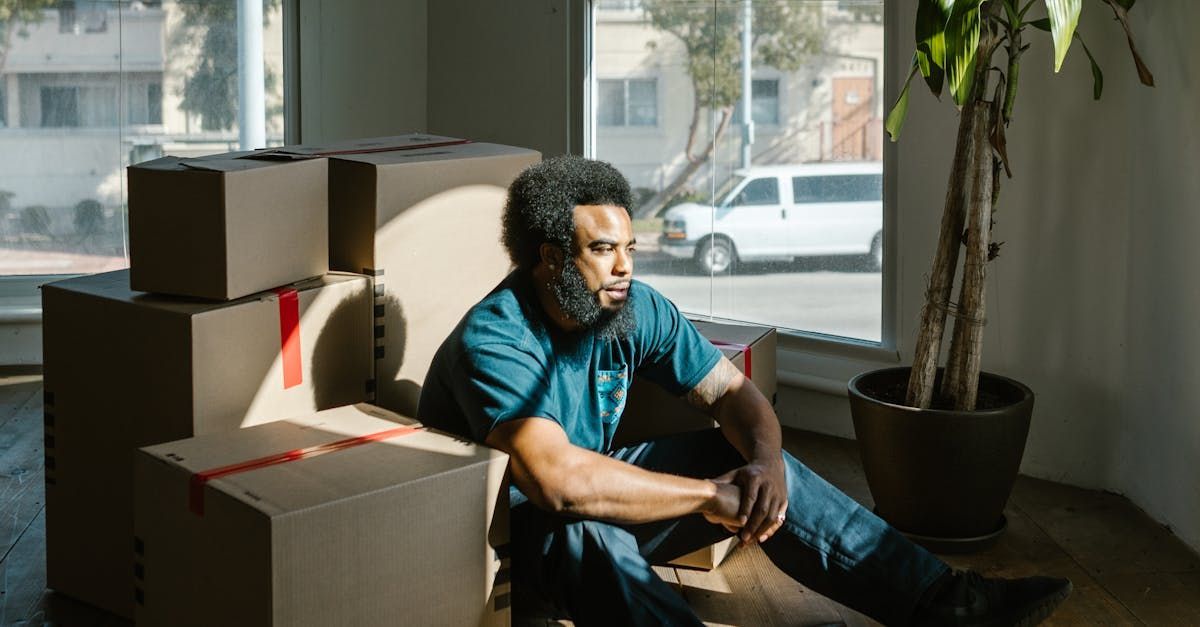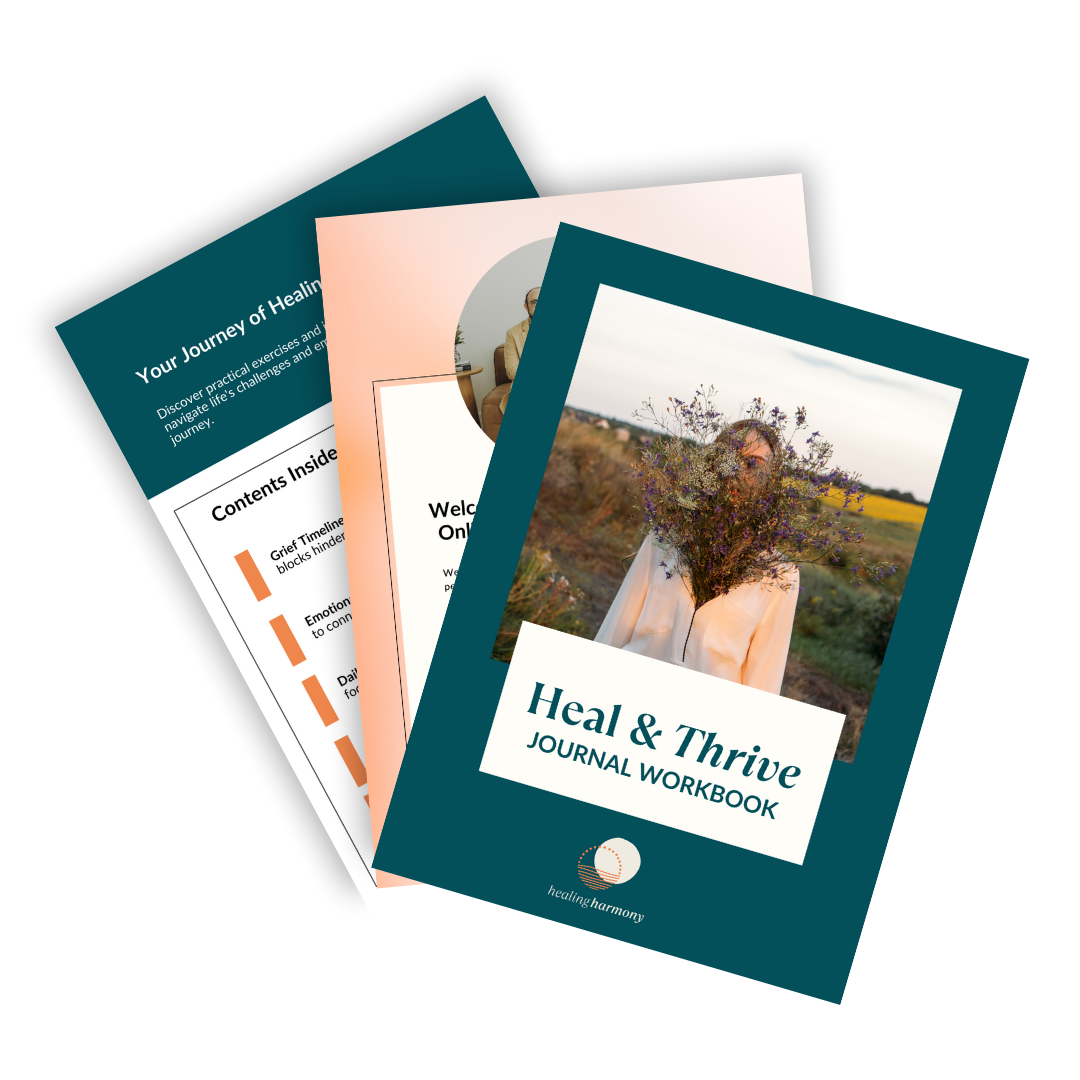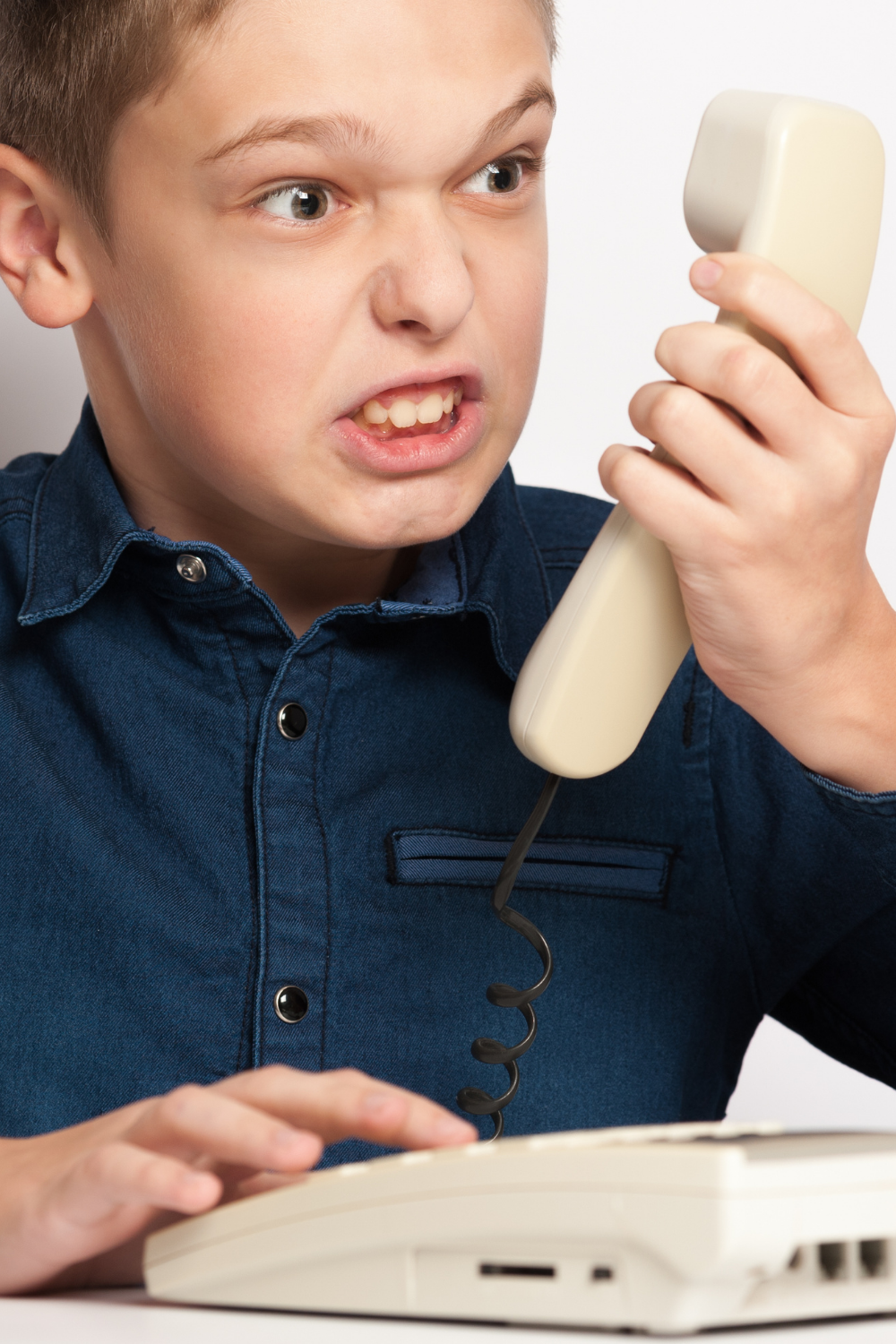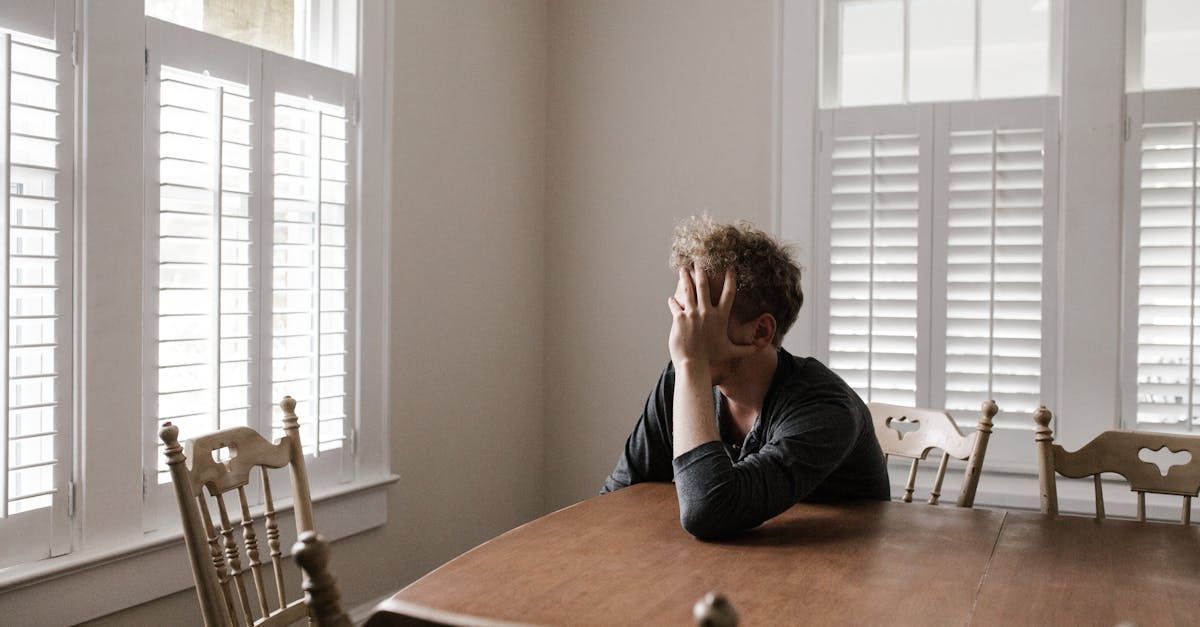Moving anxiety: What is it and 10 ways to deal with it
In today's interconnected world, frequent relocations are more common, presenting both opportunities and challenges for multicultural families and Third Culture Kids (TCKs). Amidst the excitement of new adventures, moving can trigger significant anxiety. Let’s explore what moving anxiety entails, its impact on individuals, and get ready to learn practical strategies to alleviate stress and promote emotional well-being during transitions.
Moving homes can evoke a whirlwind of emotions—excitement, uncertainty, and for many, anxiety. For multicultural families and Third Culture Kids (TCKs), navigating these transitions brings unique challenges. Whether it's adjusting to new cultures, schools, or social environments, each move can disrupt familiar routines and support networks. Understanding the complexities of moving anxiety is essential for fostering resilience and navigating these changes effectively.
Moving to a new home or country can be daunting, stirring up a mix of emotions ranging from anticipation to apprehension. Adjusting to unfamiliar surroundings, bidding farewell to friends, or adapting to new cultural norms can intensify feelings of anxiety. However, acknowledging and addressing these emotions is the first step towards managing moving anxiety.
Why do I feel so anxious about moving?
The prospect of moving can trigger anxiety due to various factors:
- Disruption of Familiar Routines: Moving disrupts established daily routines, leading to a sense of instability and loss of control.
- Separation from Support Networks: Leaving behind friends, family, and familiar support systems can heighten feelings of loneliness and isolation.
- Uncertainties About the Future: Moving introduces uncertainties about job prospects, living conditions, and overall life stability, which can increase anxiety levels.
- Adjusting to New Cultural Norms: For Third Culture Kids (TCKs), each move entails adapting to new cultural norms, languages, and social dynamics. This constant adjustment process can intensify feelings of anxiety and disorientation.
- Feeling Forced to Move:
If you’re a child and sometimes a family member, it could be that you’re moving even when you don’t want to. So it is being forced on you. This causes anxiety, due to lack of control and resentment can grow to the party responsible for forcing the move.

How to not panic when moving
Combatting moving anxiety requires proactive steps. We understand the panic that can accompany such transitions, but there are strategies to help alleviate it:
- Acknowledge Your Feelings: Recognize and accept that feeling anxious about moving is normal. Allow yourself to process these emotions without judgment.
- Practice Mindfulness Techniques: Incorporate mindfulness practices such as deep breathing, meditation, or yoga to stay grounded and reduce stress levels during the moving process.
- Maintain Open Communication: Keep lines of communication open with loved ones throughout the moving transition. Sharing your concerns and seeking emotional support can alleviate anxiety.
- Seek Professional Support: Consider consulting with a
therapist or counselor who specializes in anxiety or relocation issues. Professional guidance can provide coping strategies tailored to your individual needs and circumstances.
Moving anxiety explained
Moving anxiety transcends mere nervousness; it embodies a profound emotional reaction to the upheaval of relocation. It surfaces as restlessness, irritability, sleep disruptions, and even physical discomfort. Recognizing these symptoms enable you to confront and manage your anxiety proactively. But it’s always good to first get diagnosed with a licensed therapist to understand if you have relocation anxiety.

Understanding anxiety symptoms of moving to different countries
Relocating to a new country amplifies anxiety symptoms, including culture shock, language barriers, and adapting to unfamiliar environments. These challenges heighten emotional strain, making it crucial to develop coping mechanisms tailored to the unique aspects of cross-cultural transitions.
10 Ways to Cope With the Stress and Anxiety of Moving
1. Plan Ahead:
Create a comprehensive moving checklist that outlines tasks such as packing, scheduling movers, and updating addresses. Breaking down the process into manageable steps reduces last-minute stressors and ensures a smoother transition.
2. Stay Connected:
Prioritize maintaining connections with friends and family members before, during, and after the move. Regular communication through phone calls, video chats, or social media helps alleviate feelings of isolation and provides emotional support during the adjustment period.
3. Explore Your New Environment:
Take time to explore your new neighborhood or city. Visit local parks, shops, and cultural landmarks to familiarize yourself with the area. Understanding the amenities and cultural aspects of your new environment can ease the transition and foster a sense of belonging.
4. Practice Self-Care:
Amidst the hustle of moving, prioritize self-care activities that promote relaxation and well-being. Schedule regular breaks, engage in hobbies you enjoy, and allocate time for activities that reduce stress, such as reading, listening to music, or taking a soothing bath.
5. Seek Social Support:
Join expatriate groups, online forums, or community organizations that cater to newcomers or expats. These groups provide opportunities to connect with others who share similar experiences, offer practical advice, and provide a supportive network during the relocation process.
6. Maintain Healthy Habits:
Maintain a balanced diet, exercise regularly, and prioritize sleep. Physical well-being plays a crucial role in managing stress and anxiety levels. Establishing healthy habits ensures you have the energy and resilience to tackle challenges associated with moving.
7. Use Relaxation Techniques:
Incorporate relaxation techniques such as deep breathing exercises, progressive muscle relaxation, meditation, or yoga into your daily routine. These practices promote mindfulness, reduce tension, and help you stay calm amidst the uncertainties of moving.
8. Set Realistic Expectations:
Embrace the challenges of moving as opportunities for personal growth and adaptation. Setting realistic expectations allows you to approach obstacles with resilience and flexibility. Focus on small accomplishments and celebrate milestones throughout the moving process.
9. Stay Positive:
Maintain a positive outlook by focusing on the benefits and opportunities your new environment offers. Embrace new experiences, meet new people, and explore different aspects of your surroundings.
10. Seek Professional Guidance:
Consider seeking support from therapists or counselors specializing in relocation and anxiety management. Professional guidance provides personalized strategies to cope with moving stressors, navigate cultural adjustments, and address emotional challenges effectively.
Consider seeking support from therapists or counselors specializing in relocation and anxiety management. Professional guidance provides personalized strategies to cope with moving stressors, navigate cultural adjustments, and address emotional challenges effectively.
Tips for parenting a Third Culture Kid that Is constantly moving

Parenting TCKs demands deep understanding and empathy. Here are essential strategies to help kids have a proper goodbye. It can be hard for kids to know on their own what to do to say goodbye well to friends and places they might miss on the move. Find ways for your kids to creatively and meaningfully say goodbye, to friends, places, foods, smells, and other things that they won’t get in the new place.
- Foster open communication channels: Create a safe space for them to express their feelings and concerns openly.
- Validate their emotional responses: Acknowledge their emotions as valid and provide reassurance during transitions.
- Maintain stability through consistent routines: Establishing predictable schedules and rituals can provide comfort amidst change.
- Build strong support networks: Encourage connections with peers, mentors, and community groups to foster a sense of belonging.
- Encourage exploration of cultural heritage: Help them connect with their roots while embracing new cultural experiences.

Moving anxiety is a natural response to the uncertainties of relocation, but with proactive strategies, your family can thrive amidst change.
At Healing Harmony, we specialize in supporting multicultural families and TCKs through transitions. We understand the challenges and complexities of global relocations. Explore our
specialized therapy services for Third Culture Kids (TCKs) and multicultural families.
Download our free life journal today and begin your journey towards emotional resilience and cultural identity. Start your path to a balanced and fulfilling life with us.
Related Reads:
*AI Disclosure: This content may contain sections generated with AI with the purpose of providing you with condensed helpful and relevant content, however all personal opinions are 100% human made as well as the blog post structure, outline and key takeaways.
* Blog Disclaimer: Please note that reading our blog does not replace any mental health therapy or medical advice. Read our mental health blog disclaimer here.

Hello, we are Jeffrey & Rebekah
Therapists and life coaches at Healing Harmony. We specialize in supporting multicultural families and Third Culture Kids (TCKs) through transitions and emotional challenges, fostering resilience and cultural identity.












